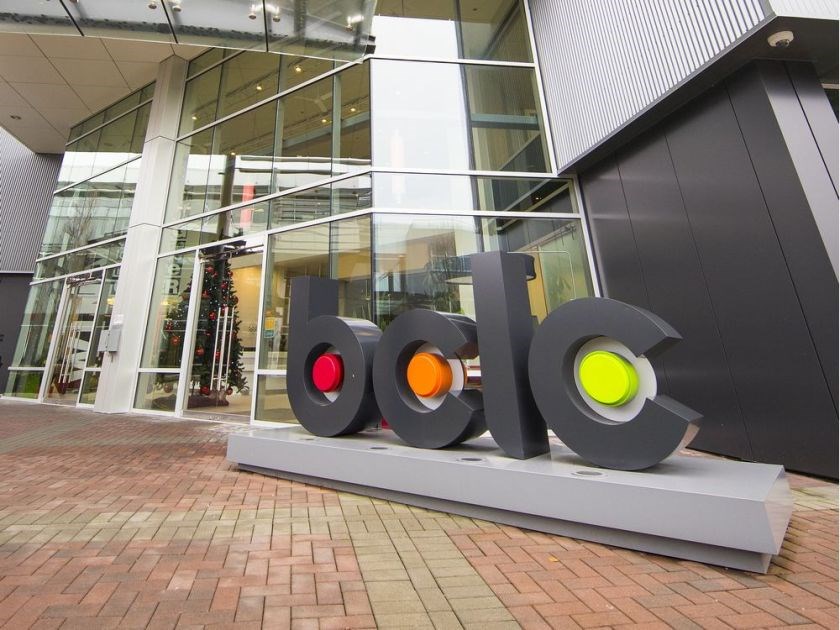A proposed change to the Gaming Control Act would provide a stable, long-term source of revenue for B.C. First Nations, the Province announced Tuesday.
If passed, the amendment to the act would give B.C. First Nations seven per cent of B.C. Lottery Corp. net income for 23 years.
The amendment would allow the provincial government to finalize a long-term agreement to share about $100 million per year from gaming revenue with eligible First Nations, resulting in about $3 billion in revenues shared by 2045.
Gaming revenue funds are received, managed and distributed by the B.C. First Nations Gaming Revenue Sharing Limited Partnership, and all B.C. First Nations communities are eligible to become members in the limited partnership.
While direct distribution of these funds to individuals is not permitted, each First Nation that participates in the revenue-sharing agreement can use the money to support priorities for its community. The revenue may be used in six areas:
• Health and wellness
• Infrastructure, safety, transportation and housing
• Economic and business development
• Education, language, culture and training
• Community development and environmental protection
• Capacity building, fiscal management and governance
Tuesday’s announcement follows an interim agreement this fall in which the province shared $194.84 million with First Nations to cover the first two years of this 25-year commitment to ensure no delay in funding while legislation was introduced.



